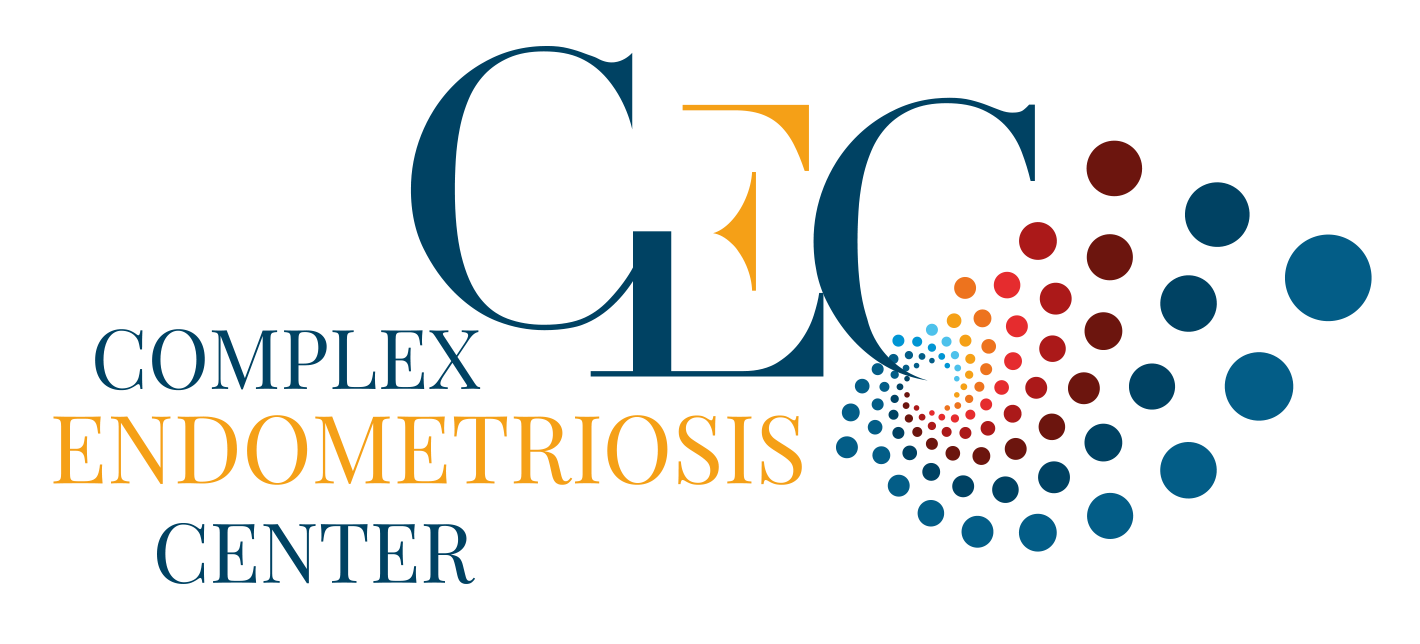Endometriosis is a complex gynecological pathology that potentially affects one in ten women of childbearing age.
This disease is characterized by the presence of uterine mucosa-like tissue outside the uterus, notably on the ovaries, fallopian tubes and sometimes on more distant organs such as the intestines or bladder.
Although its manifestations vary widely, endometriosis is not, strictly speaking, a serious disease in that it does not present a life-threatening risk. However, it can lead to a series of very disabling symptoms, including chronic pelvic pain, painful menstruation and fertility problems, as well as complications of the digestive and urinary tracts.
Before answering the question of how dangerous endometriosis is for the health of sufferers, we need to look at the nature of its impact, as well as the treatments and surgical solutions available.
The physical and psychological impact of endometriosis
Endometriosis is one of those "invisible" diseases. By this we mean a pathology whose symptoms can be felt without the sufferer revealing anything to the outside world other than her suffering.
It can take several years to be diagnosed, due to the social normalization of menstrual pain and a lack of recognition of symptoms by some healthcare professionals.
This delay in diagnosis, in addition to prolonging patient suffering, is likely to allow endometriotic lesions to worsen, making treatment more complex and potentially less effective in the long term.
The chronic pain associated with endometriosis has a significant impact on patients' quality of life. It can be severe enough to affect daily life, limiting work capacity, social activities and personal relationships.
Psychologically, suffering from any form of endometriosis increases the risk of developing anxiety, depression and other emotional disorders.
What are the current solutions for treating endometriosis?
The main aims of endometriosis treatment and care are to relieve pain, improve quality of life and restore fertility. Initial treatment options include medicinal management such as anti-inflammatory drugs, oral contraceptives or other hormone therapies to reduce or eliminate menstruation, thus stimulating endometriotic lesions.
However, in cases where medication is not enough, or where the disease has led to complications such as ovarian endometriomas or severe adhesions, surgery is sometimes necessary.
Conservative surgery, which removes endometriotic tissue while preserving the reproductive organs, is often preferred. In cases of more severe endometriosis, more radical procedures such as hysterectomy or laparoscopy may be considered.
The latest advances in endometriosis treatment
In recent years, research has led to advances in the diagnosis and treatment of endometriosis. Improvements in medical imaging techniques, such as specialized ultrasound and MRI, mean that endometriotic lesions can now be more accurately identified and localized before surgery.
In particular, advances in minimally invasive surgical approaches are reducing recovery times and the risks associated with more extensive procedures.
In addition, research continues to progress on the molecular and genetic aspects of endometriosis, with the aim of paving the way for more targeted treatments.
Biological therapies and personalized medicine approaches are currently being developed with the aim of offering more effective and less invasive solutions than those currently available. This is notably the case for the CO2 laser technique in laparoscopic surgery, which the Complex Endometriosis Center has made a specialty of.
Endometriosis care by recognized specialists
Although endometriosis is not considered a life-threatening disease, its impact on quality of life and potential complications should not be underestimated.
This pathology not only causes chronic pain that can profoundly alter daily life, but also psychological distress. Delayed diagnosis and appropriate treatment can aggravate these symptoms or lesions, and make future interventions more complex.
The medical developments put into practice by the experts at the Complex Endometriosis Center open up real prospects for improving disease management. The aim is to offer patients the most advanced and personalized care possible to treat and alleviate the consequences ofdeep, internal, ovarian or peritonealendometriosis.
